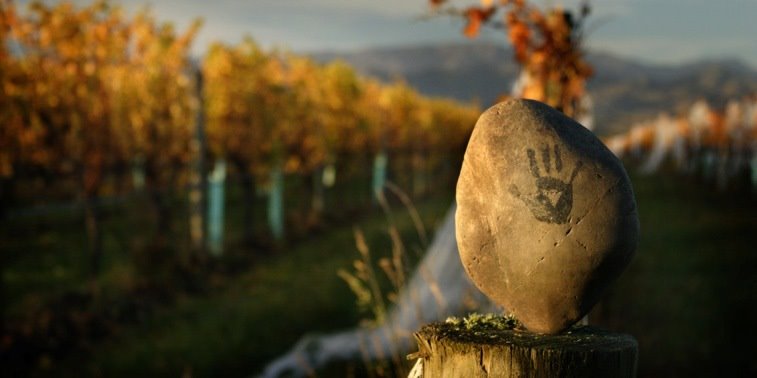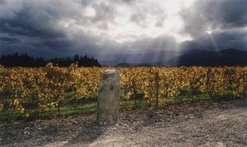Marlborough Environment Awards
Seresin Estate’s commitment to the environment has been recognised in the Marlborough Environment awards.
The winery has been chosen as the 2009 winner in the Winegrowers category and honored for its commitment to true sustainability. One of the first to embrace organics in the region, Seresin grapes have been progressively registered as organic by BioGro since 1997. In 2007 certification was extended to wines. The 163 hectare estate spans three different properties and includes 113 hectares of vineyard, olive groves, gardens, pasture, orchards and livestock.
The Marlborough Environment awards judges commented that “any visitor must be impressed by this property, the staff commitment and what they have achieved. They have created an old fashioned estate that is interesting, diverse and attracts people. The company supports both the region and the environment in the widest sense.”
The winner of the Supreme Award in the Marlborough Environment awards in 2001, Seresin Estate General Manager, MJ Loza, is very pleased with the 2009 result. “As a previous winner, we entered partly to support the Awards, but we’re very pleased that the developments we’ve made since 2001 have been recognized. It’s a positive endorsement of the direction we’re heading and we know there’s a lot more still to do.”
The judges highlighted as stand-out features, the application of over 500 tonnes of compost made on the property in the last year from vineyard and winery waste, as well as the full range of biodynamic preparations which are made on site and applied across the entire Estate. These are supplemented with ‘Cow Pat Pit’, a concentrated manure compost, and seaweed sourced from a farm in the Cook Strait and brewed over three months into a Seaweed tea, rich in valuable nutrients.
Seresin is on track to add to its BioGro certification, full Demeter certification. Demeter is the only world-wide biodynamic certification system used in over 50 countries.
Seresin Estate viticulturalist Colin Ross says “certifying our practices brings in a fresh pair of eyes and expert input, and makes us constantly evaluate the way we farm, encouraging us to keep improving the way we do things. It is also a way for us to actively support and promote biodynamic farming within New Zealand.”
Additional initiatives include the gradual replacement of CCA-treated pine posts with eucalyptus posts and reduction in water use by deep and long, but infrequent watering of vines designed to encourage deep rooting, hardy plants. Fifty percent of the Seresin tractor fleet is run on biodiesel, staff use bicycles for transport around the property where possible and a horse-drawn sprayer is being developed to replace work currently done by tractors on the estate.
Colin Ross says the power of one horse can accomplish the same work an 80 horsepower tractor can do. “Using horses results in less compaction of the soils in the vineyard, we emit less carbon and the horses can live off our own homegrown fuels such as grass and oats. We are also providing a home for retired trotters who would otherwise be culled.”

The company regularly holds open days at the estate and hosts a local biodynamic discussion group to encourage others within the New Zealand wine industry to investigate organic and biodynamic farming. Seresin Estate will again be open to the public for an Environment Awards field day, scheduled for Wednesday May 27 from 1:30pm to 4:00pm.









.jpg)
No comments:
Post a Comment